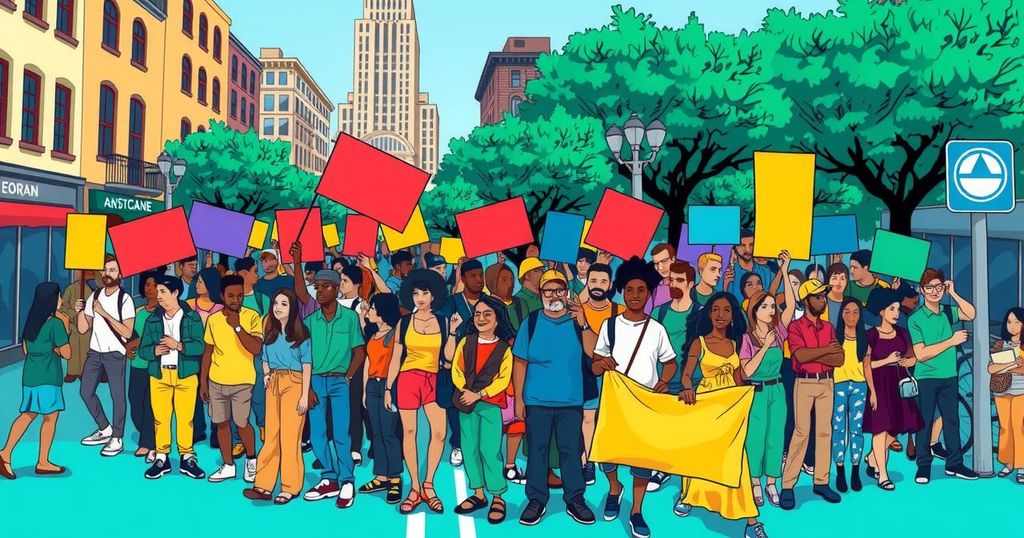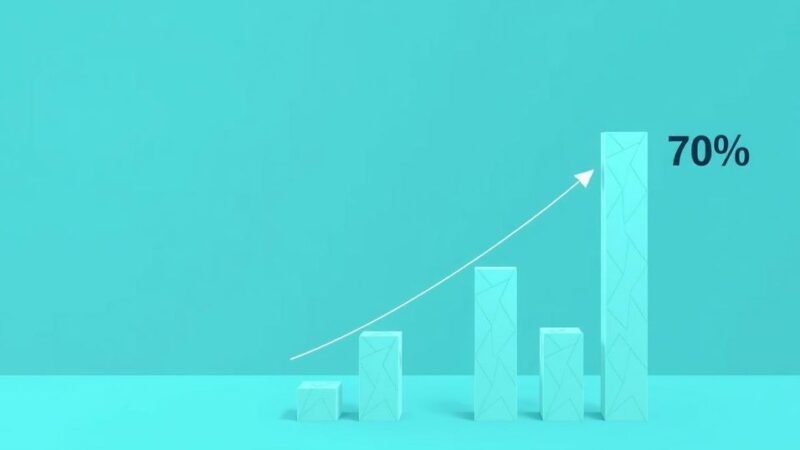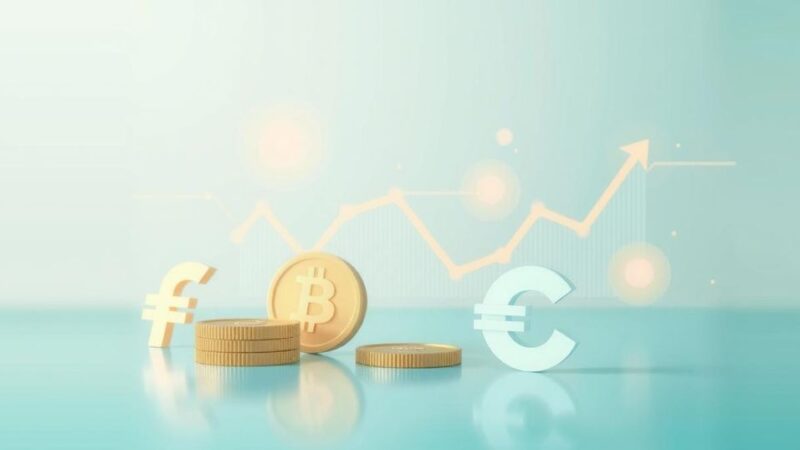Protests in Brazil have arisen from widespread dissatisfaction related to socio-economic issues. Concurrently, consumer confidence in the U.S. has dropped by 10.5%, prompting concerns about potential economic decline due to decreased spending.
Recent protests in Brazil have gained significant attention, reflecting widespread discontent among the populace. The protests are fueled by various socio-economic grievances, including heightened political tensions and demands for governmental reforms. Citizens are actively voicing their concerns regarding issues such as corruption, inflation, and reduced public services, indicating a potential shift in public sentiment.
In conjunction with this, consumer confidence in the United States has notably decreased. A recent University of Michigan poll indicated a drop of 10.5% in consumer confidence over the past month. Bill Adams, chief economist at Comerica Bank, has cautioned that this decline in confidence may severely hinder economic growth since reduced consumer spending typically results in diminished economic activity. Therefore, the resulting pullback from spending poses a significant risk to the economic landscape.
The recent protests in Brazil highlight the citizens’ frustrations over various socio-economic issues, while also paralleling troubling trends in U.S. consumer confidence. The decrease in confidence as reported by the University of Michigan could potentially stifle economic growth as consumer spending slows. It remains imperative for governments to address these concerns to foster a stable and prosperous environment.
Original Source: www.goshennews.com






